Grow Sweeter Carrots With These Companion Herbs
Grow Sweeter Carrots with These Companion Herbs
Carrots are a delicious and nutritious vegetable that can be enjoyed in a variety of ways. But did you know that you can grow even sweeter carrots by planting them with certain companion herbs?
In this blog post, we will discuss the benefits of companion planting carrots with herbs, and recommend some of the best herbs to grow with carrots. We will also provide some tips for growing sweet carrots, so that you can enjoy the best tasting carrots possible.
Why Companion Plant Carrots with Herbs?
There are several reasons why you might want to companion plant carrots with herbs. First, herbs can help to deter pests and diseases that can damage carrots. For example, chives, mint, and rosemary can all help to repel carrot flies, which are a common pest of carrots.
Second, herbs can help to improve the flavor of carrots. Some herbs, such as cilantro and parsley, can add a subtle flavor to carrots, while others, such as sage and rosemary, can give carrots a more pronounced flavor.
Finally, herbs can help to improve the overall health of your carrot plants. For example, basil can help to attract beneficial insects that can help to pollinate your carrot plants.
Which Herbs Are Best to Grow with Carrots?
There are many different herbs that can be grown with carrots, but some of the best include:
- Chives: Chives are a member of the onion family, and their strong scent can help to deter carrot flies. They also add a subtle flavor to carrots.
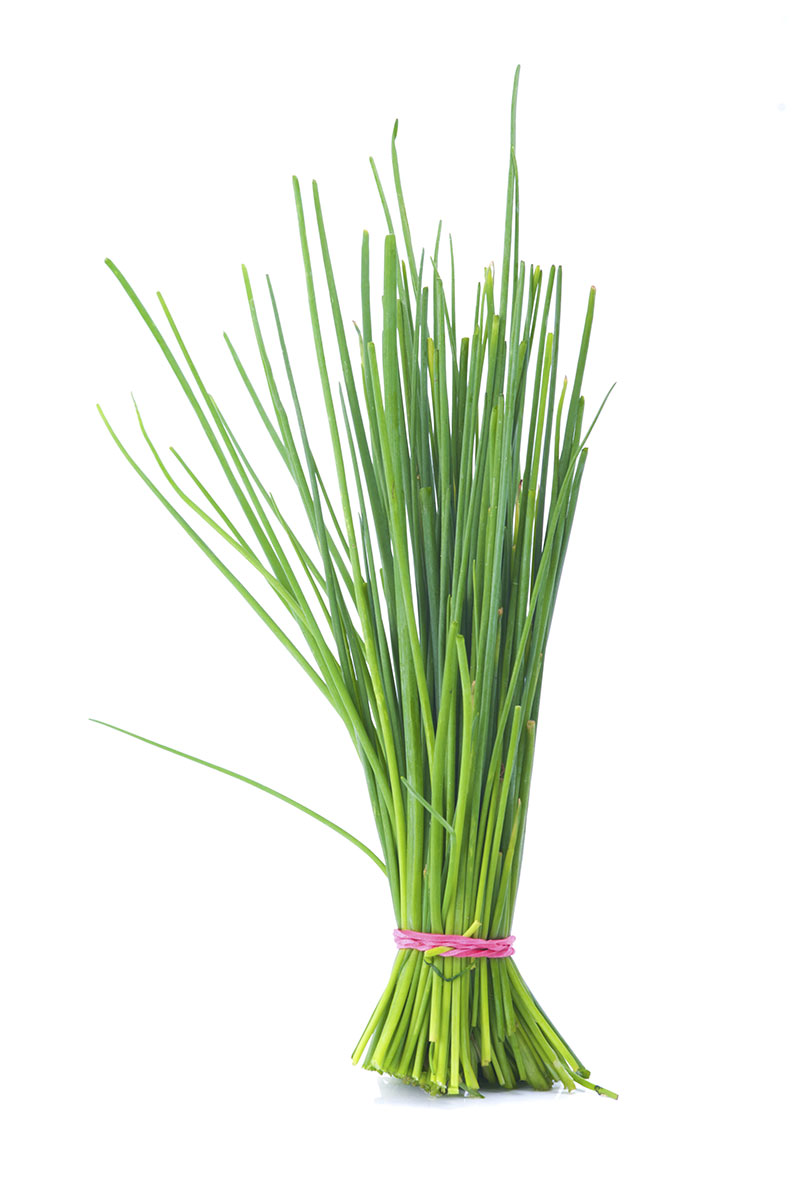
- Mint: Mint is another herb that can help to deter carrot flies. It also has a refreshing flavor that can go well with carrots.
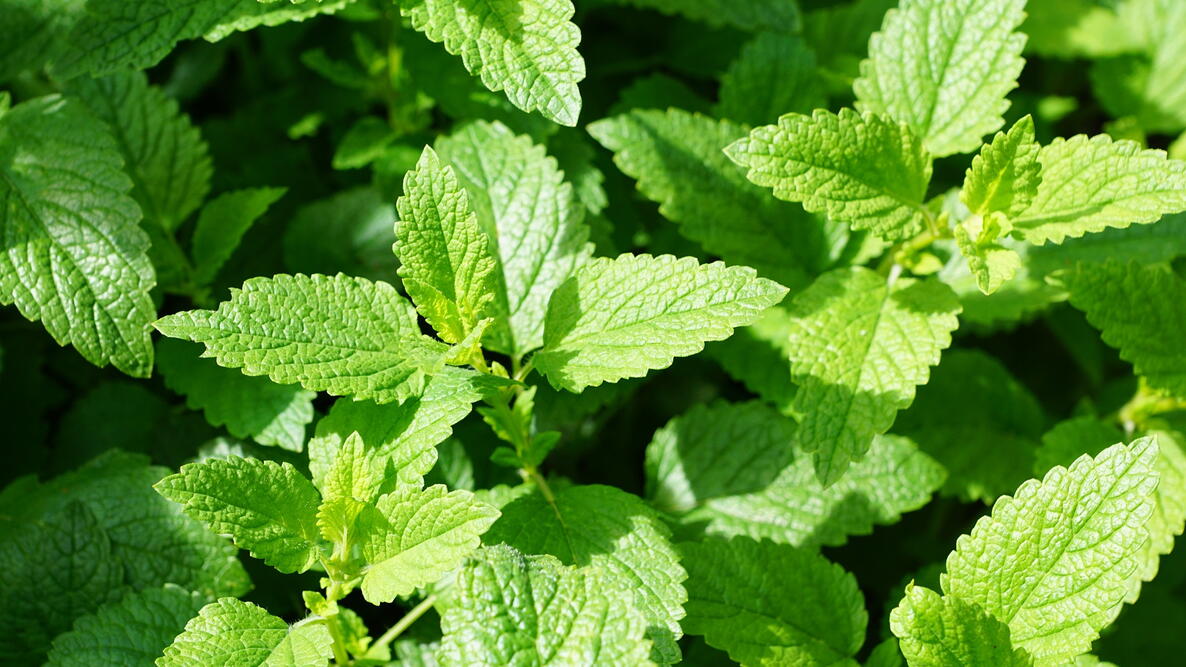
- Rosemary: Rosemary has a strong, woodsy flavor that can complement the sweetness of carrots. It can also help to improve the overall health of your carrot plants.

- Sage: Sage has a slightly bitter flavor that can balance out the sweetness of carrots. It can also help to improve the flavor of carrot juice.

- Cilantro: Cilantro has a fresh, grassy flavor that can go well with carrots. It can also help to attract beneficial insects that can help to pollinate your carrot plants.
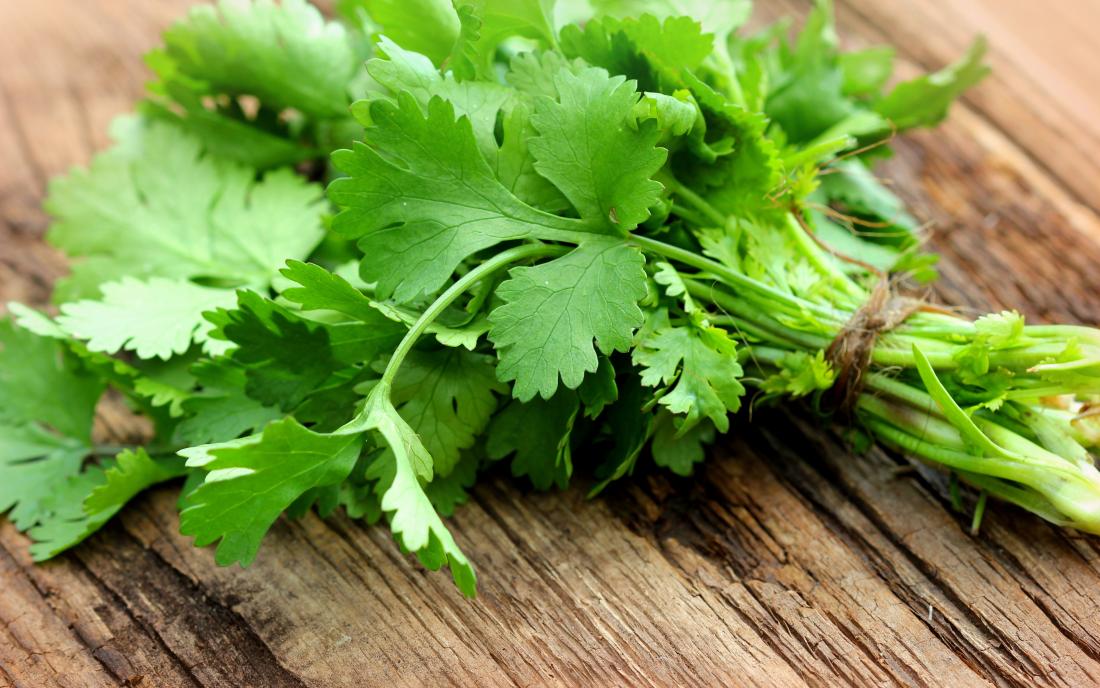
- Parsley: Parsley has a mild, slightly peppery flavor that can complement the sweetness of carrots. It is also a good source of vitamins and minerals.

Tips for Growing Sweet Carrots
In addition to companion planting, there are a few other things you can do to grow sweet carrots:
- Choose the right location: Carrots need full sun and well-drained soil. If your soil is heavy or clayey, you may need to amend it with sand or compost.
- Water regularly: Carrots need consistent moisture throughout the growing season. Water them deeply and regularly, especially during hot, dry weather.
- Fertilize regularly: Carrots are heavy feeders, so you will need to fertilize them regularly. Use a balanced fertilizer, such as 10-10-10, and follow the directions on the label.
- Harvest at the right time: Carrots are ready to harvest when they are firm and have reached their full size. If you harvest them too early, they will be tough and tasteless.
Conclusion
By following these tips, you can grow sweet, delicious carrots that you will enjoy eating. And by companion planting with herbs, you can also help to deter pests and diseases, improve the flavor of your carrots, and improve the overall health of your carrot plants.
Carrots are a delicious and nutritious vegetable that is easy to grow. But did you know that there are certain herbs that can help to improve the growth and flavor of carrots?
Here are some of the best companion herbs for carrots:
- Chives: Chives are a member of the onion family, and their strong scent can help to deter pests such as carrot flies. They also add a mild onion flavor to carrots, which can make them taste even better.

- Parsley: Parsley is another herb that can help to deter pests from carrots. It also attracts beneficial insects, such as ladybugs, which can help to control pests. Parsley can also improve the flavor of carrots, and it can be used to make a delicious pesto.

- Marigolds: Marigolds are not technically herbs, but they are a great companion plant for carrots. Marigolds can help to deter pests such as nematodes and carrot flies. They also add a splash of color to the garden, and they can be used to make a beautiful bouquet.

If you are looking for ways to improve the growth and flavor of your carrots, I encourage you to try planting some of these companion herbs. You can find more information about companion planting for carrots at Gardenia Inspiration.
FAQ of companion herbs for carrots
Question 1: What are some good companion herbs for carrots?
Answer: There are many good companion herbs for carrots, but some of the most popular include:
- Chives: Chives have a strong scent that can help to repel pests, such as carrot flies. They also improve the flavor of carrots.

- Marigolds: Marigolds are another great companion plant for carrots. They help to repel nematodes, which can damage carrot roots. They also attract beneficial insects, such as ladybugs, which help to control pests.

- Oregano: Oregano has a strong scent that can help to repel pests, such as carrot rust flies. It also improves the flavor of carrots.
- Parsley: Parsley helps to repel carrot flies and other pests. It also improves the flavor of carrots.

- Rosemary: Rosemary has a strong scent that can help to repel pests, such as carrot rust flies. It also improves the flavor of carrots.

Question 2: What are some herbs that I should avoid planting near carrots?
Answer: There are a few herbs that you should avoid planting near carrots, including:
- Celery: Celery is a member of the same plant family as carrots, so planting them together can lead to cross-pollination. This can result in carrots that are not as flavorful.
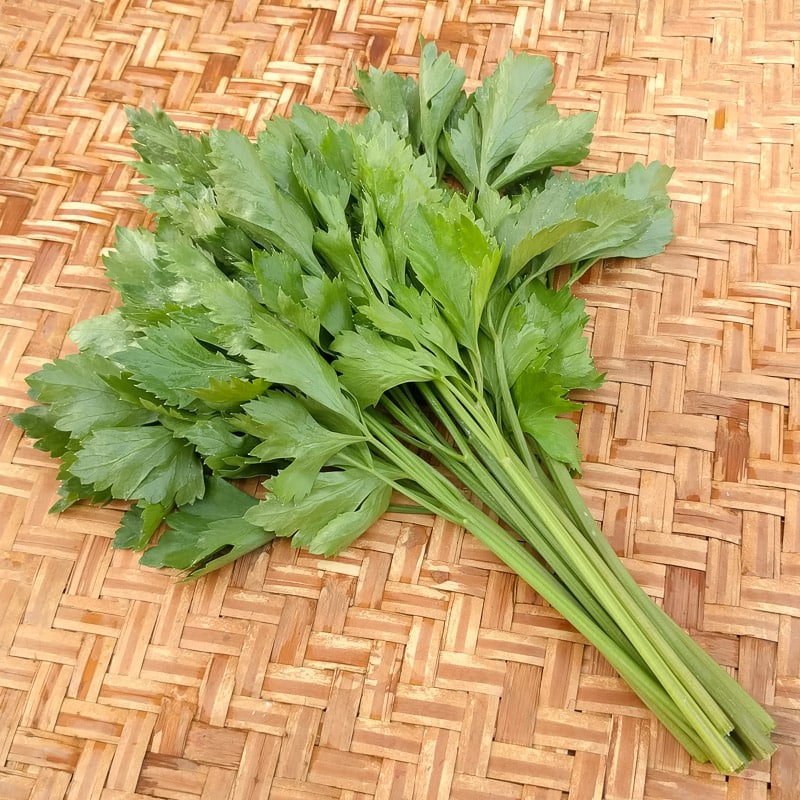
- Dill: Dill is another member of the carrot family, so it should be avoided for the same reason as celery.
- Fennel: Fennel is a strong-flavored herb that can overwhelm the flavor of carrots.
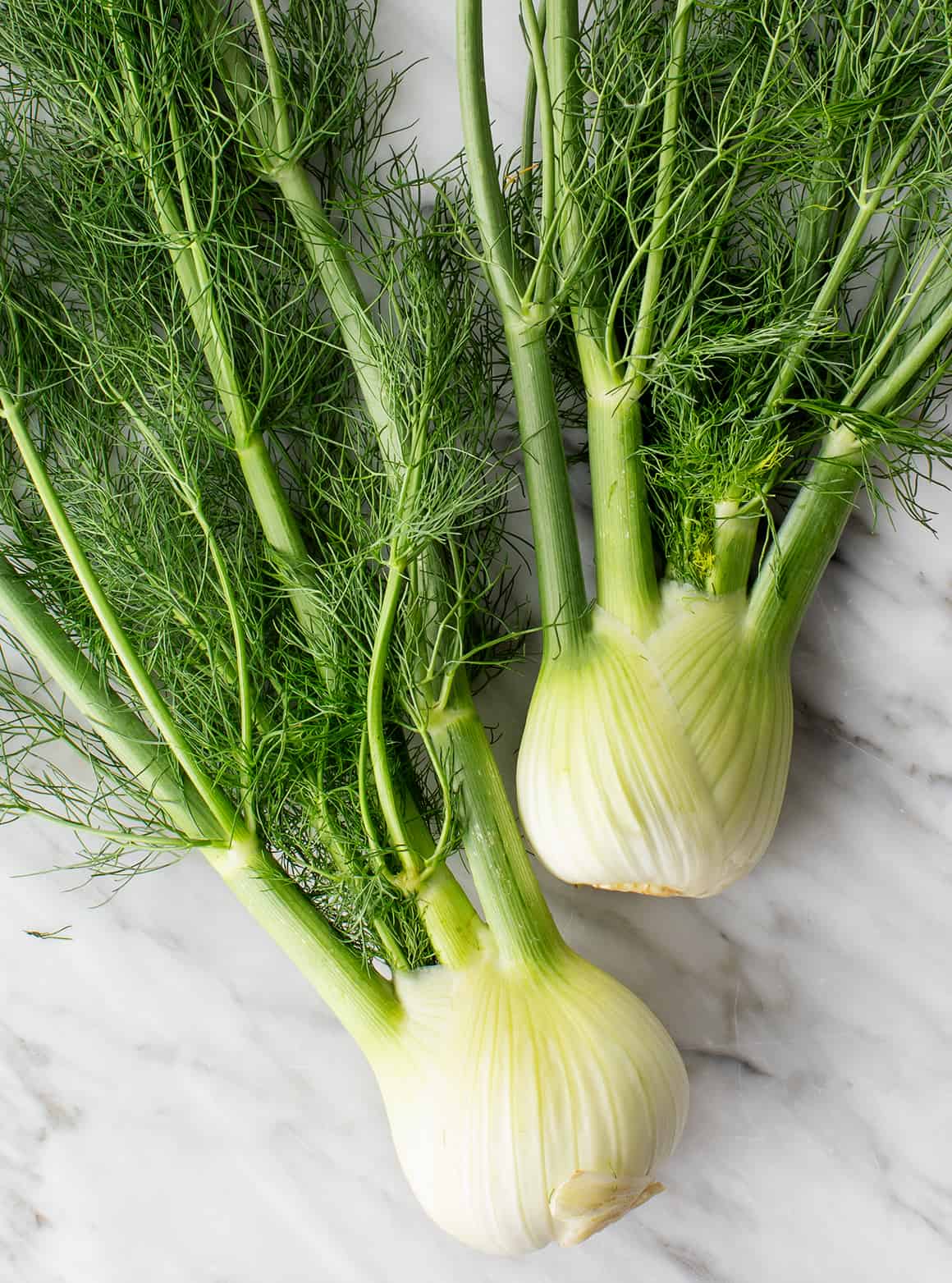
Question 3: How do companion herbs help carrots?
Answer: Companion herbs can help carrots in a number of ways, including:
- Repellent: Some companion herbs, such as marigolds and chives, have strong scents that can help to repel pests, such as carrot flies and nematodes.
- Attract beneficial insects: Other companion herbs, such as dill and fennel, attract beneficial insects, such as ladybugs and hoverflies, which help to control pests.
- Improve soil quality: Some companion herbs, such as legumes, can improve soil quality by fixing nitrogen. This can benefit carrots, which are heavy feeders.
- Provide shade: Some companion herbs, such as lettuce and spinach, can provide shade for carrots, which can help to prevent them from bolting.
Question 4: How far apart should I plant companion herbs with carrots?
Answer: The distance at which you plant companion herbs with carrots will depend on the specific herbs you are planting. However, as a general rule, you should plant them about 12 inches apart. This will give them enough space to grow and thrive.
Question 5: What are some other benefits of companion planting?
Answer: Companion planting has a number of benefits, including:
- Increased yields: Companion planting can help to increase yields by improving pollination and pest control.
- Improved soil quality: Companion planting can help to improve soil quality by fixing nitrogen and suppressing weeds.
- Reduced pest and disease pressure: Companion planting can help to reduce pest and disease pressure by attracting beneficial insects and repelling pests.
- Increased biodiversity: Companion planting can help to increase biodiversity in the garden by providing food and shelter for a variety of beneficial insects and animals.
Image of companion herbs for carrots
5 different images of companion herbs for carrots from Pinterest:
- Nasturtium: Nasturtium is a flowering plant that repels pests like carrot flies and aphids. It also attracts pollinators, which can help to improve the pollination of your carrots.
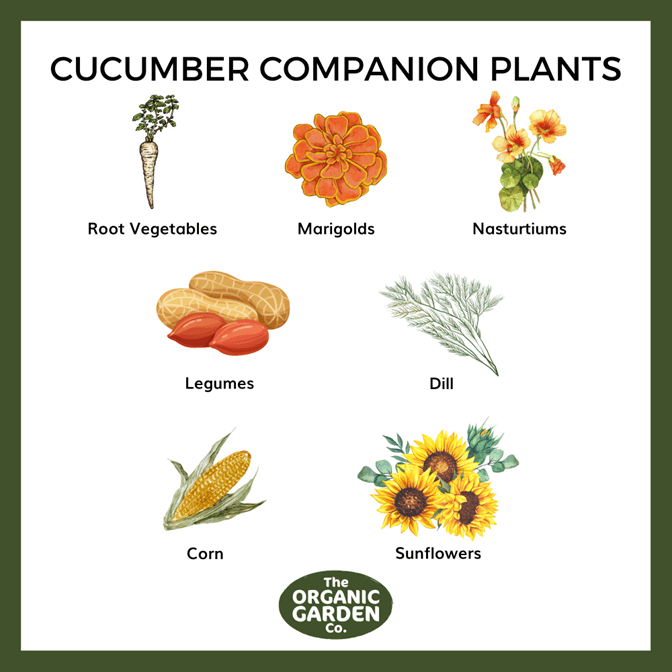
- Chives: Chives are a member of the onion family, and they help to repel carrot root fly. They also add flavor to salads and cooked dishes.
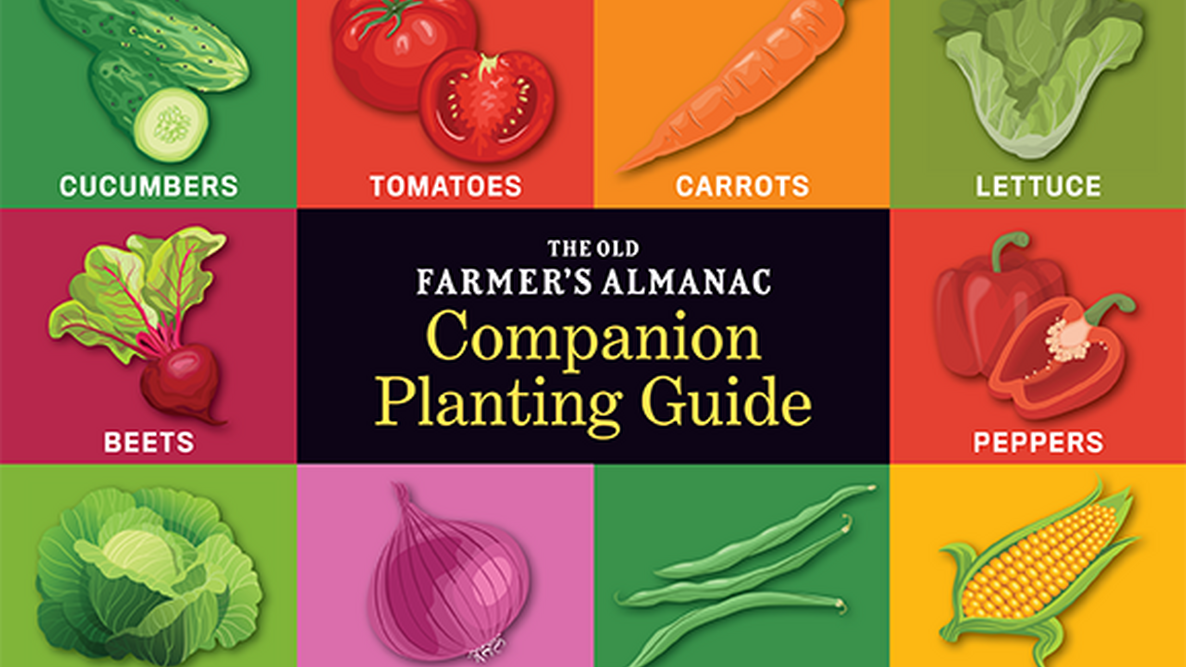
- Parsley: Parsley is a leafy herb that helps to improve the flavor of carrots. It also helps to deter carrot rust flies.
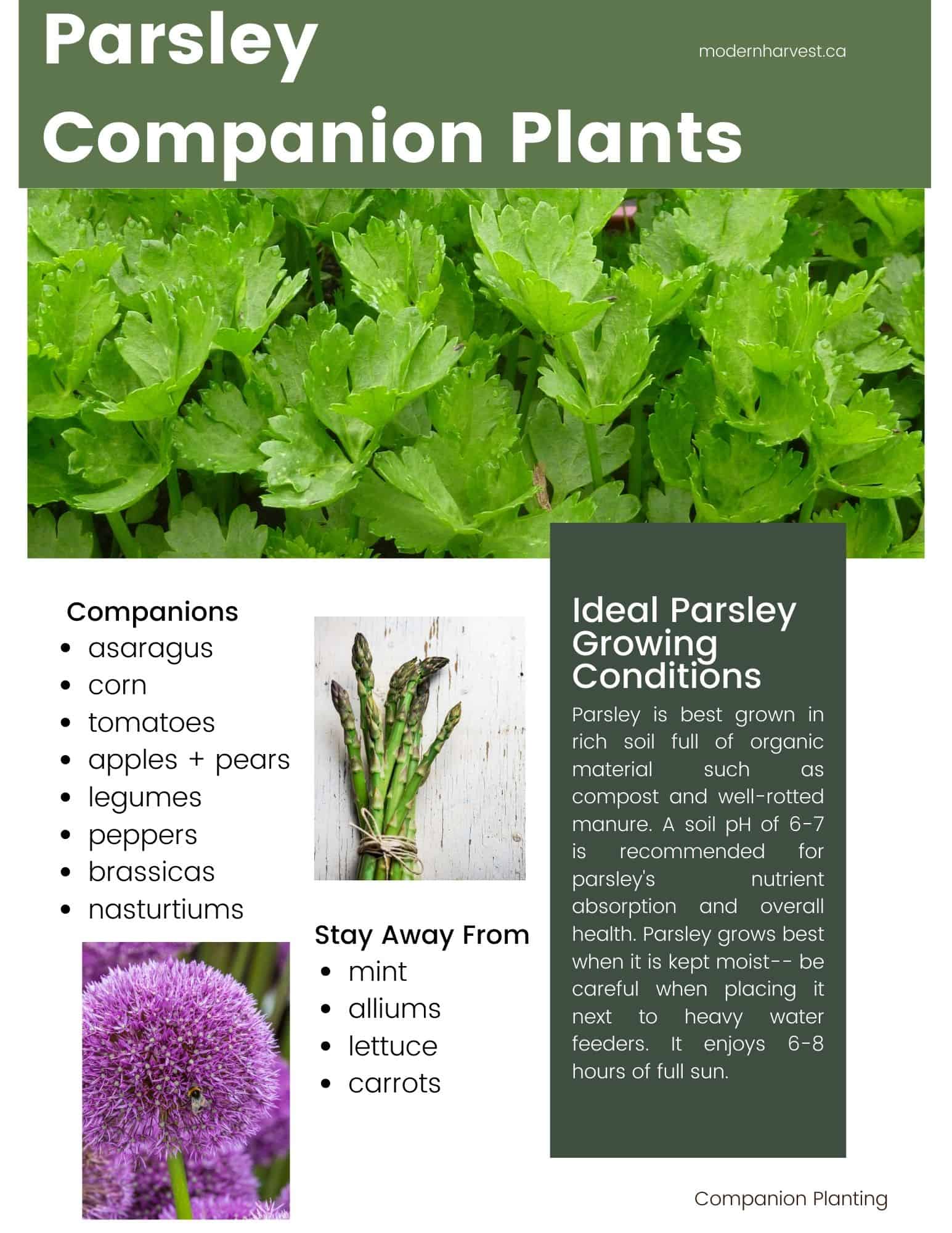
- Sage: Sage is a flavorful herb that can help to repel carrot rust flies. It also adds flavor to soups, stews, and other dishes.
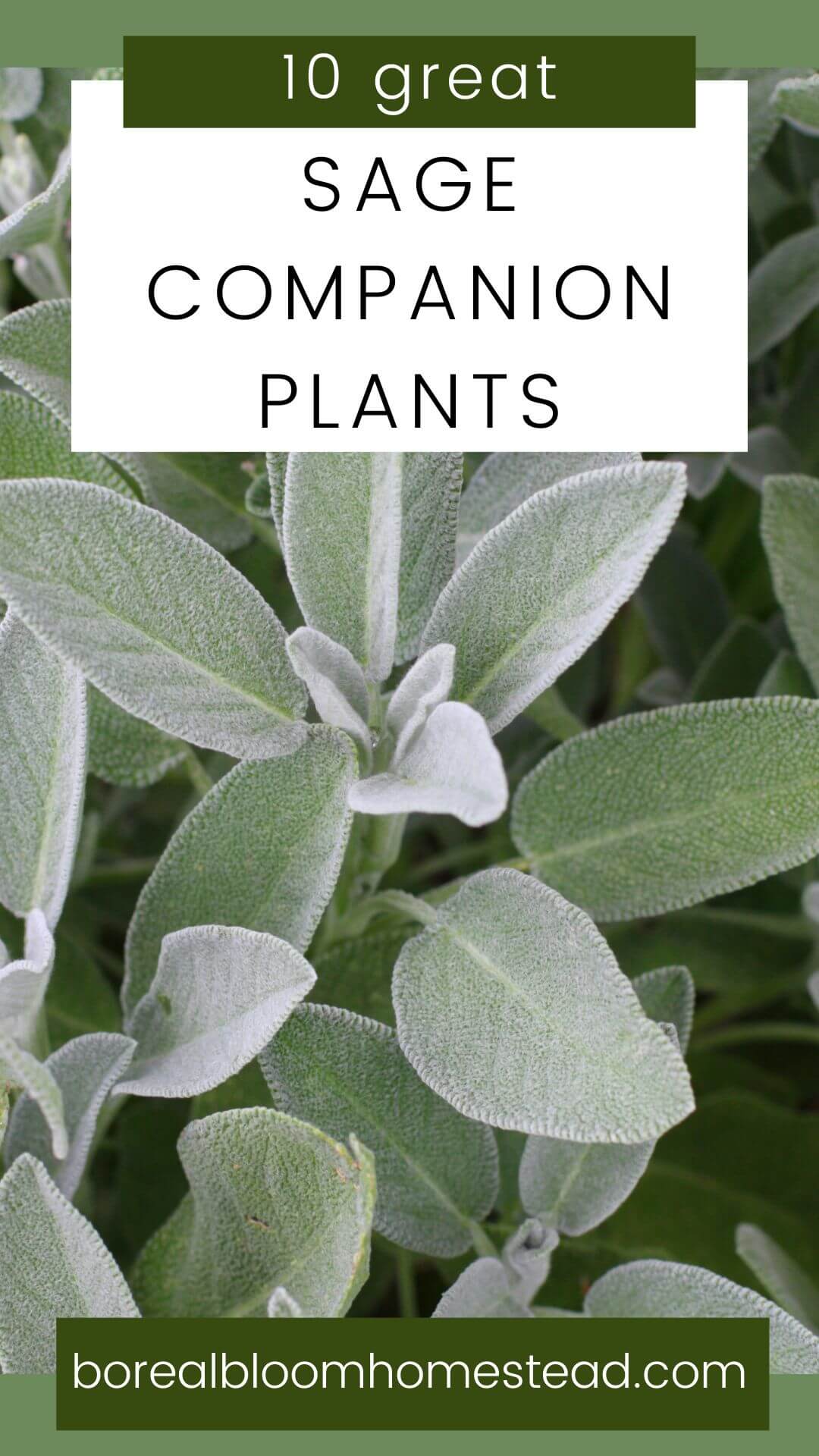
- Rosemary: Rosemary is a fragrant herb that can help to repel carrot root fly. It also adds flavor to grilled meats, vegetables, and other dishes.
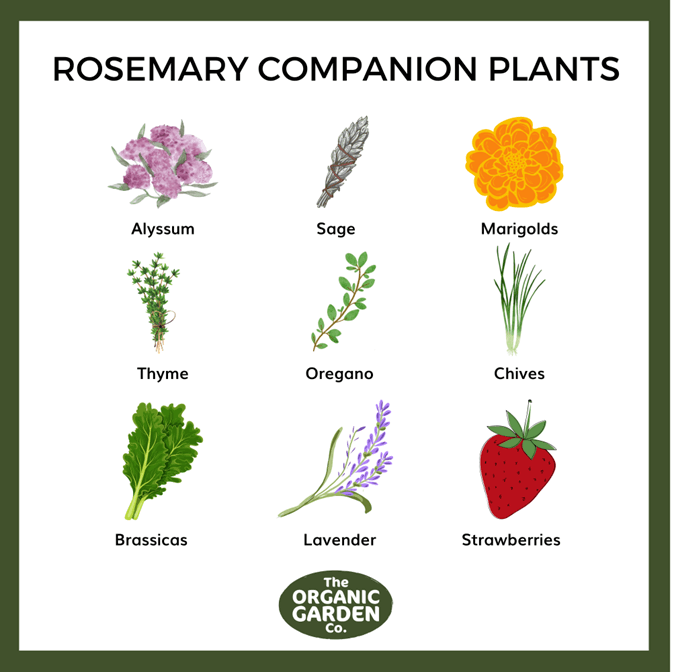
Post a Comment for "Grow Sweeter Carrots With These Companion Herbs"